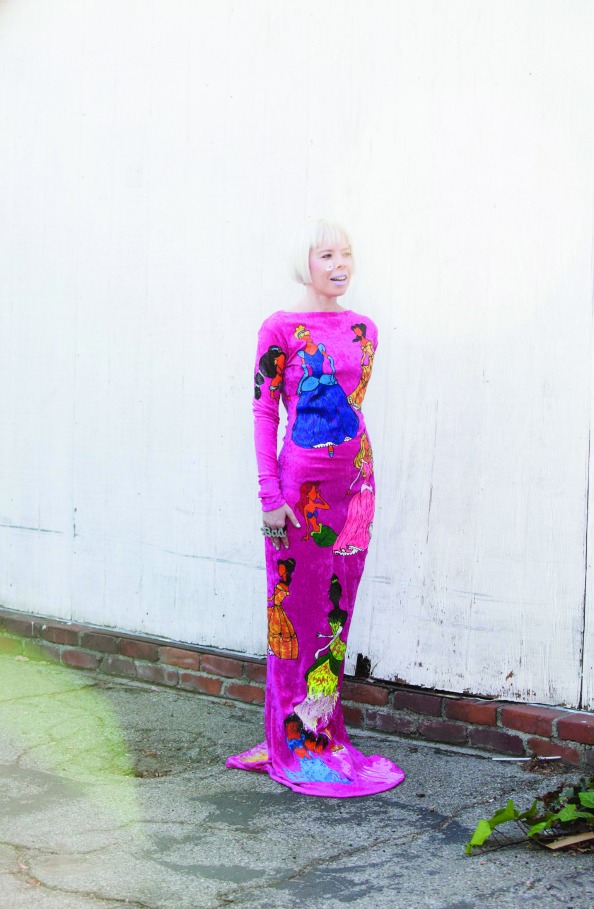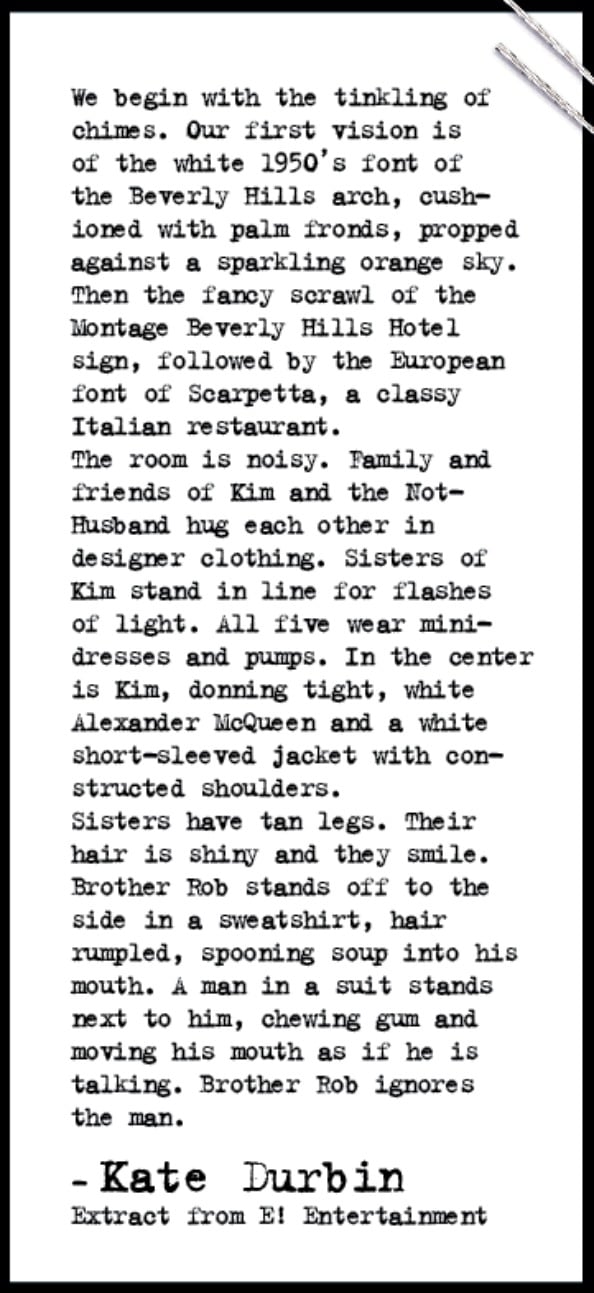The poetry scene today is alive, well, and complicated. To celebrate National Poetry Month, we look at how pop culture has influenced a wave of young, innovative lyricists
Love and war, life and death. Whether perusing an old poem by Edgar Allan Poe or a social media-laden verse by a teenager on Tumblr, the topics are consistent. What’s interesting about the new wave of poets, however, is the creative use of pop culture and modern technology, either to publish their sonnets to the mainstream, or as a source of inspiration – an unconventional muse if you like.
“I like to remind people that the ‘old poets’ did just that – played with the popular topics of their day,” says Kate Durbin, a performance poet whose book E! Entertainment uses scripts from reality television such as Keeping Up With The Kardashians, while also tackling more serious issues such as the trial of Amanda Knox.
“It’s just that our world today is different, has different languages from emojis to reality TV scripts, and also new forms like text message boxes and twitter,” eh says. It’s these facets of modern society that inspire Kate, who is particularly fascinated by the idea of celebrity. One chapter of E! Entertainment is built using dialogue from Kim Kardashian’s wedding to Kris Humphries – a poem that she cheekily dedicates to Kanye West.
Although it could be perceived that Kate’s work is mocking these reality stars, her intentions are far more artistic. Viewing the contemporary world as a source holding poetry within it already, she uses her creative eye to draw out what’s already there. “I wanted to amplify the aspects of reality TV that are heartbreaking for women,” says Kate. “From the ways in which they are objectified to how they are pitted against each other on these shows. It was important to view these women as peers and through a compassionate lens.”
This form of poetry – taking words from existing mediums and remoulding them into another form – is often referred to as found poetry. This could be anything from graffiti or street signs to letters and newspaper articles. Nicole Steinberg is the author of Getting Lucky, a collection of poems culled from the pages of Lucky magazine. Working in publishing, the copywriting process inspired her, as well as how the world advertises to women. “I loved the over-the-top, otherworldly descriptions of everyday items like shoes and handbags,” she explains.
According to Nicole, the poetry scene is huge at the moment, it’s just that many people don’t know where to look. “We’ve taken great advantage of the veritable playground the Internet offers, in terms of publishing and accessing new work,” she explains. Certainly, the world wide web is a great source for poetry lovers, but it’s also helping new, young talent to spread poetry to the masses. Tyler Knott Gregson has over 228,000 followers on Instagram, the social media platform he uses to post daily Haikus and poems. What’s interesting about his work is that much of it is typed on an old typewriter, yet viewed through a contemporary social media filter with the accompanying hashtags.
“One of the most unforeseen and happy side effects I’ve noticed since all this began is the fact that people who were never traditionally poetry lovers are starting to fall in love with it,” says Tyler. “I think poetry is crucial to our understanding of the world.” For Tyler, that usually means the most commonly explored theme – love. Looking through commenter profiles it’s clear that his words strike a chord with a diverse range of readers, but many are much younger than the typical poetry consumer. There is, however, a backlash from some, with Tyler explaining, “I know that for every five people that love my work, there are probably 15 that hate it […] for the barriers broken or for the deviations from what is constituted as ‘classic’ poetry.”
Even verse that takes on a more traditional form is evolving with the times. As Dubai-based poet Zeina Hashem Beck, tells us, this is less intentional than it is natural. Her book, To Live in Autumn, centres on the trials and tribulations of life in Lebanon’s capital, Beirut. She believes that poetry naturally contains contemporary themes, as it’s a person’s commentary on the world around us. “One has to handle a particular theme in a way that would resonate with the time one is living in, and this is mainly done by the use of details,” she explains. “Details like how your neighbour whispers to his gardenias, and how his wife collects green 7UP glass bottles to use them for olive oil.”
Main Image: Kate Durbin by Natalie O’Moore














